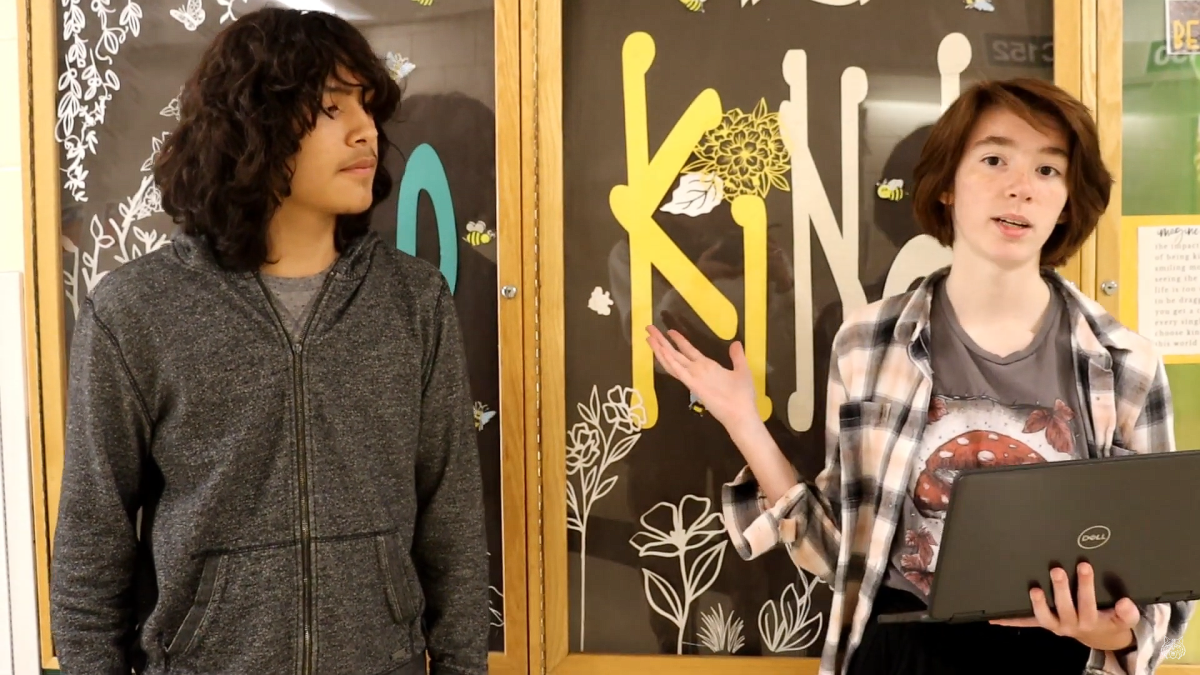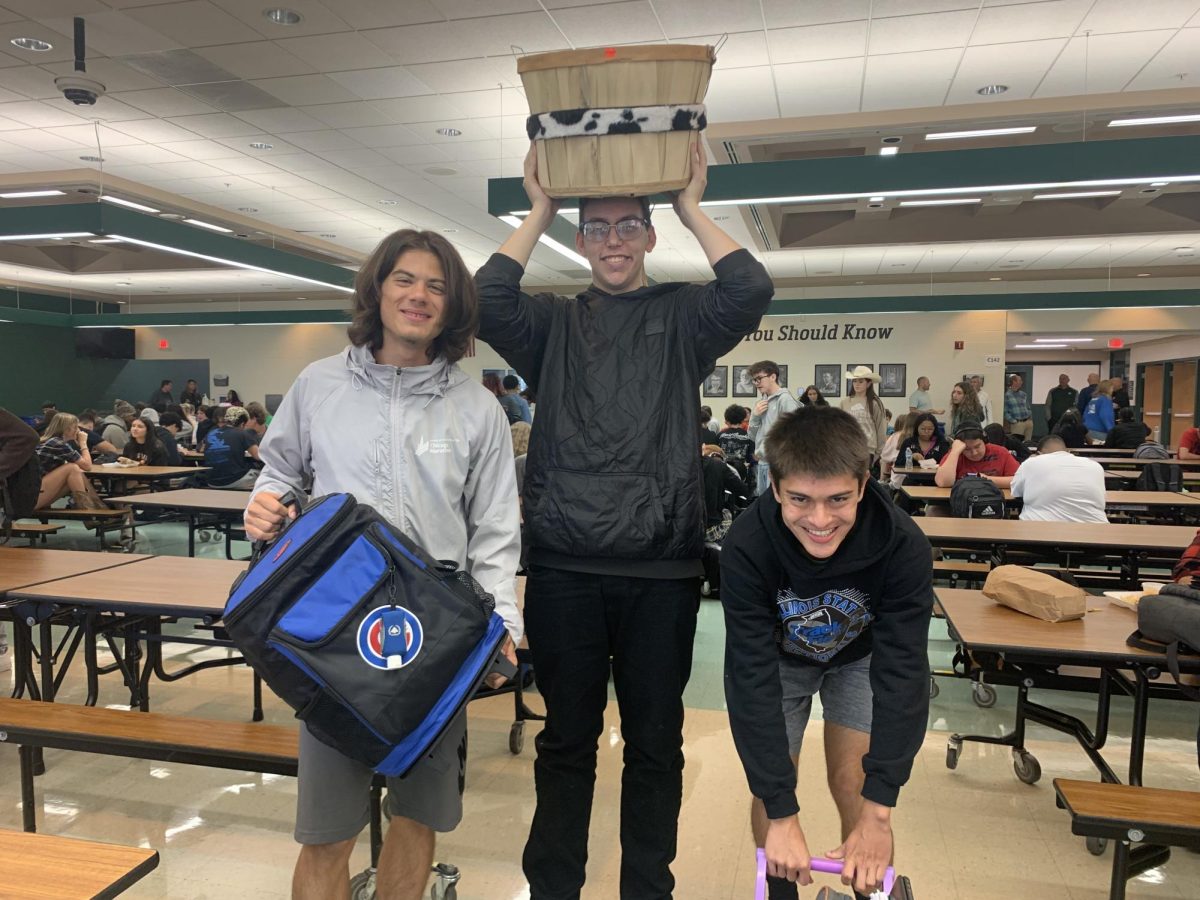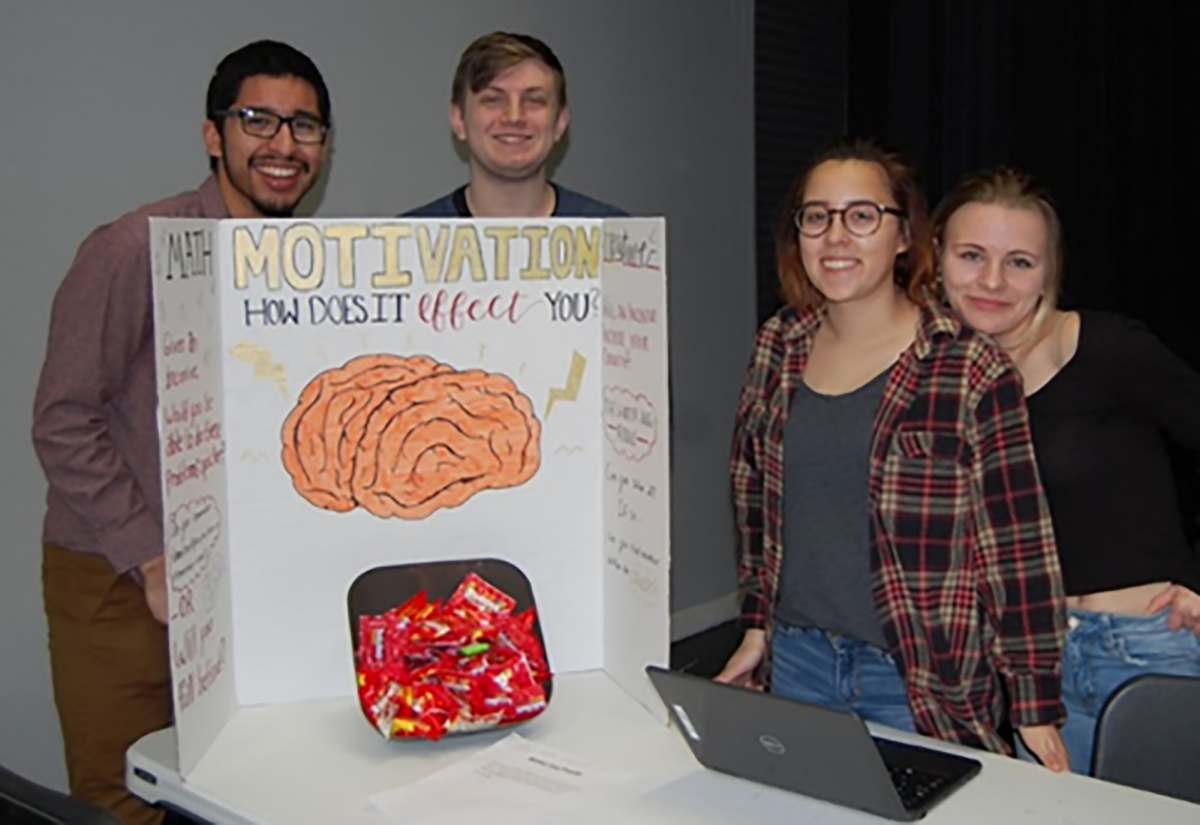AI technology has dominated the Internet, be it through generating writing or images, and shows no signs of halting. As these tools have advanced, so too have the number of people profiting for personal gain, even in unexpected ways like using a person’s voice.
It is not uncommon for voices to be stolen, nor is it difficult to evade. People are often skeptical toward answering unknown numbers in fear of their voice being recorded and used for nefarious means. Using a person’s voice as a prompt for AI to produce words or music is no different.
The article “AI scams mimicking voices are on the rise by CBS News” emphasizes how simple the process of stealing a voice can be: “All it requires is a short clip of someone’s voice, which is sometimes available on the internet — or if it isn’t, it can be collected by recording a spam call — plus a voice-cloning app.”
According to data from 70 polled students, 47% believe that using AI to replicate a voice is unethical, and only 8.6%, equivalent to 6 students, do not. The remaining students believe that there are some instances in which it is excusable to use this technology.
“I’ve seen people use [AI] to create parodies of songs using the voice of popular creators which does no harm to anyone, so I believe that it is okay,” Adriana Lazaro, sophomore, said. “However, when it comes to creating false information that harms that person’s reputation, I do believe that it’s unethical.”
The majority of the polled students share this opinion, though some view this practice more critically, especially concerning the voices of actual singers.
“A good example would be the diss track ‘Taylor Made Freestyle’ by Drake in which he uses AI voices of both 2Pac and Snoop Dogg personally defaming 2Pac’s legacy and Snoop Dogg’s image for his benefit,” Jakob Karanosky, junior, said.
Despite the adverse uses of this technology, certain students still believe that human-made music will always prove superior.
“At the point AI is at currently, it’s a sloppy mess,” Kiera Valek, sophomore, said. “The lyrics are generic and the beat is nonexistent. It’s disrespectful to artists who devote their lives to their craft just for AI to steal it and make a watered down copy.”
There are instances, however, in which AI voice technology may actually provide benefits that do not cause harm to the sources of these voices.
According to the Federal Trade Commission, “This progress in voice cloning technology offers promise for Americans in, for example, medical applications—it offers the chance for people who may have lost their voices due to accident or illness to speak as themselves again.”








